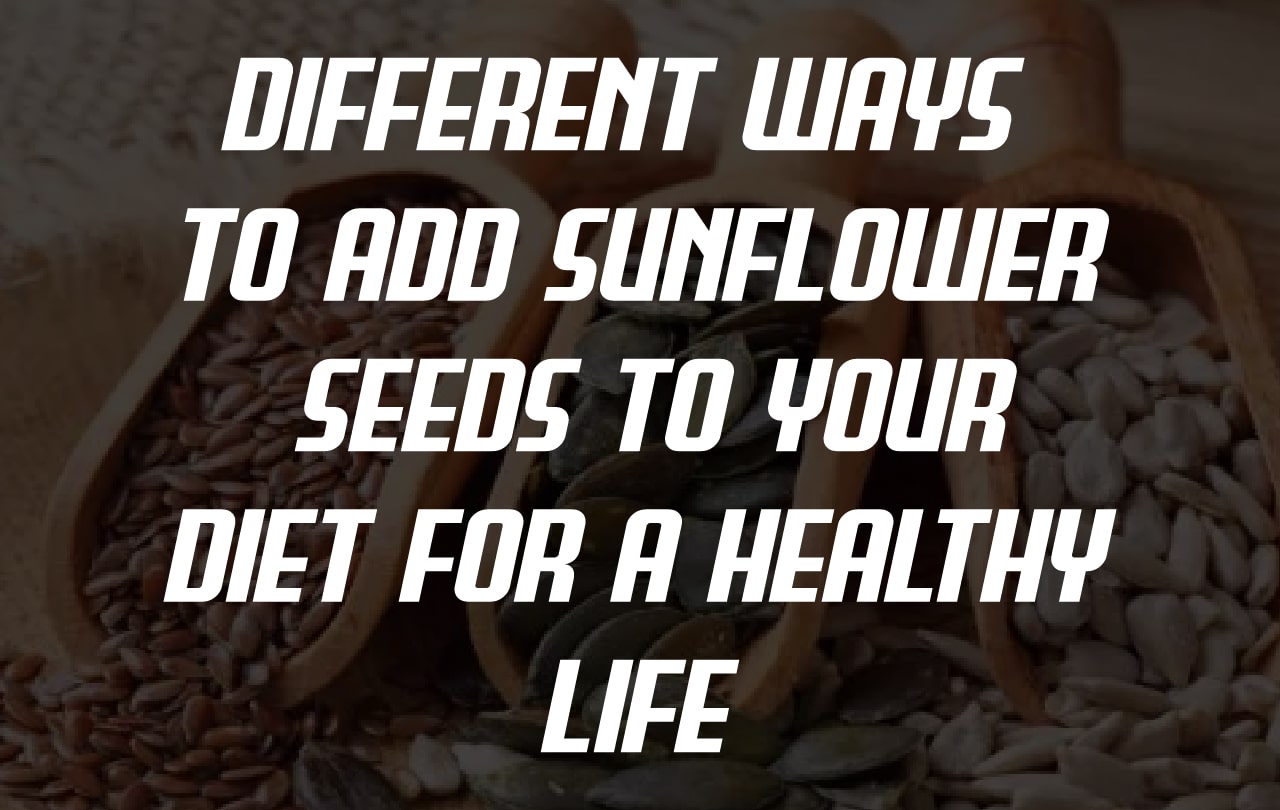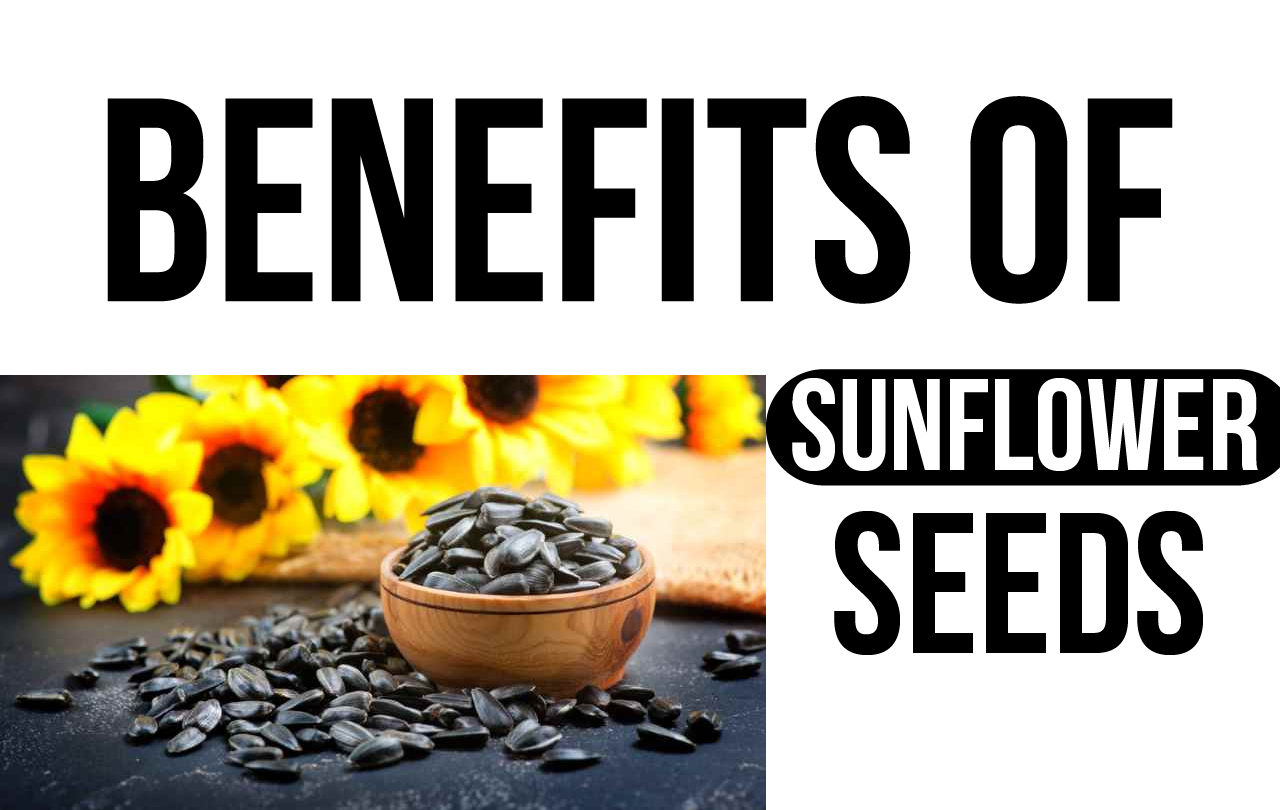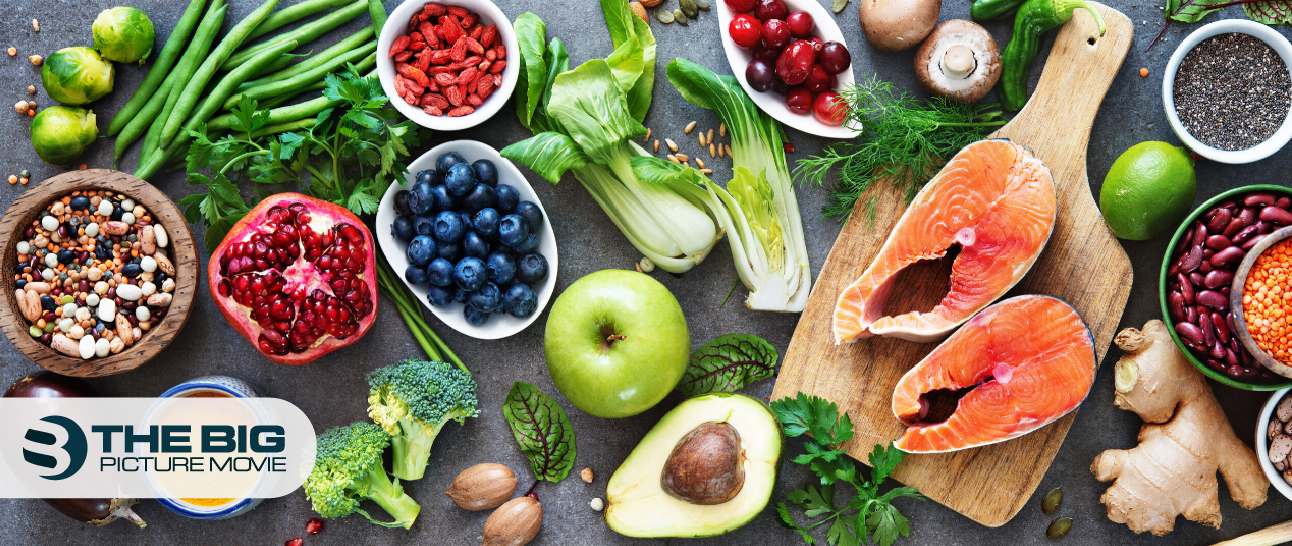
Different ways to add sunflower seeds to your diet for a healthy life
Sunflower seeds
The nutritious fruits of the bright yellow sunflower plant, sunflower seeds are a gift of God. The large flower head of the plant bears about 2000 seeds. Sunflower crops are either grown to obtain sunflower seeds or the sunflower oil. The sunflower seeds are protected by nature through the black and white striped shells, also known as hulls. These shells are inedible. Those sunflower crops that are grown for the extraction of oil are characterized by black shells. You must know how to eat the sunflower seeds without eating the shells. The seeds have a soft, nutty taste. You can even roast them to enhance the flavor.

Benefits of sunflower seeds
Sunflower seeds have numerous benefits. Some of them are listed below.
-
Protects against heart diseases
Sunflower seeds help reduce blood pressure as they are rich in unsaturated fatty acids that help relax the blood vessels. These fatty acids also help lower cholesterol. Hence, sunflower seeds promote a healthy heart.
-
Reduces inflammation
Although short-term inflammation is a healthy sign of a properly working immune system, however, chronic inflammation can lead to grave long term illnesses. Sunflower seeds help in reducing chronic inflammation, ensuring a healthy body.
-
Protects against diabetes
Sunflower seeds are also known to control blood sugar level and reduce chances of type 2 diabetes. Diabetes is one of the most common illnesses which badly impacts life quality and health. Therefore, consumption of sunflower seeds shall help protect you against such illnesses.
-
Nutritional value of sunflower seeds
If you would know the nutritional value of these tiny seeds, you would jump to find out how to eat sunflower seeds. Here are some of the important vitamins and minerals found in sunflower seeds.
-
Vitamin E
A quarter cup of sunflower seeds contains as much as 82% of the daily recommended value of Vitamin E. The alpha-tocopherol found in sunflower seeds is used by your body to fight the oxidative damage in cells. Vitamin E helps in promoting neurological health, maintaining balance and coordination, ensuring strong muscles and good vision. It also helps traffic fats throughout the body.
-
Magnesium
Magnesium is one of the most important minerals required by the body to function well. It is crucial for a fast metabolism, production of the antioxidant glutathione, production of new DNA and structuring bones and cell membranes. Not just that, magnesium is also very critical to a well-functioning heart. A quarter cup of sunflower seeds provides 28% of the daily recommended quantity of magnesium.
-
Phytosterols
Phytosterols are a kind of nutrition that is derived from plant-based foods. Phytosterols are very beneficial in lowering cholesterol, protecting against cancer and improving the overall functioning of the immune system. A 100 gram serving of sunflower seeds gives about 270 to 289 milligrams of phytosterols.
-
Copper
A quarter cup of sunflower seeds fulfils almost 80% of the daily requirement of copper which is quite essential for energy production in our body. It also ensures proper iron metabolism and neurological function. It helps transmit information faster between the neurons.
-
Selenium
Ways to eat sunflower seeds
Now that the great health benefits of sunflower seeds are known, you would be very anxious to know how to eat these power-packed seeds. There are many incredible ways you can add these to your diet. Sunflower seeds tossed in your vegetable salads shall give a mild nutty flavor. They can also enhance the taste of your sandwiches. No-bake granola bars added with the goodness of sunflower seeds is another great idea. You can add dark chocolate, nuts, honey or whatever suits your taste to these energy bars. Adding sunflower seeds to curries and pastas also enhances the nutritional value of the food. Sunflower butter is a very healthy substitute for normal butter or margarine. You can add it to sandwiches and wraps, smoothies and sauces.
FAQ’s Section
[wps_faq style=”classic” question=”Q: How to spot difference between sunflower seed and sunflower kernel? “]Sunflower seed is covered with shell or hull, whereas sunflower kernel is the one that has got its shell removed mechanically.[/wps_faq][wps_faq style=”classic” question=”Q: Is it harmful to consume sunflower shell?”]The shells are a mainly fiber so too much of shell might not be recommended. Also, they are sharp. If not chewed properly, they can cause problems in the digestive tract such as puncturing or attaching to the lining of esophagus or the digestive tract.[/wps_faq][wps_faq style=”classic” question=”Q: What are the common uses for sunflower oil?”]A: Sunflower oil is light and full of Vitamin E. It is widely used for frying and cooking food, owing to its superior health benefits.[/wps_faq][wps_faq style=”classic” question=”Q: What is the weight of one cup of shelled sunflower kernels?”]A: A cup measuring 8 Oz in volume can contain 4.2 Oz kernel by weight.[/wps_faq]
Conclusion
Sunflower seeds are beneficial however if only they are consumed in a limited quantity. If consumed in great quantities they can cause allergies, stool blockages or problems caused by high cadmium content. Hence, the daily recommended quantity of sunflower seeds is no more than 30 grams a day.



